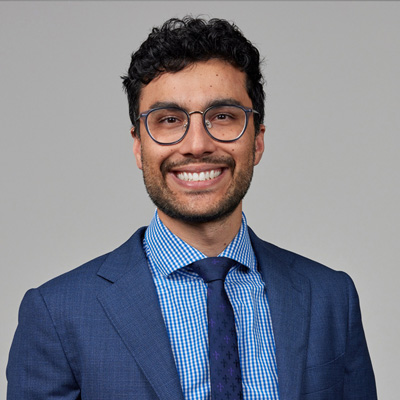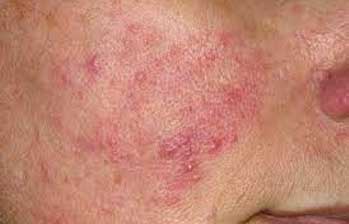


1 in 3 Australians could develop a type of skin cancer during their lifetime. In fact, melanoma can occur even on parts of the skin which haven’t seen the sun..
This is a worrying statistic, and one we’d like to change by encouraging you to check your skin regularly so you know if something changes and understand what’s normal for you.
Any of or multiple above risk factors should result in an initial and often annual skin cancer check.

Dr Andrew is a dedicated skin cancer doctor who holds a Professional Certificate in Skin Cancer Medicine. He is also undertaking a Masters of Medicine (Skin Cancer) through the University of Queensland showing his dedication to the field. Dr Andrew has had advanced skin cancer surgical training through the Australian College of Cutaneous Oncology. He is a member of the Skin Cancer College of Australasia.
Dr Andrew is friendly, approachable and passionate about early detection of skin cancer, being able to offer a range of different treatments for skin cancer including advanced surgical techniques.
Dr Andrew has a wide professional network and will refer when appropriate to melanoma units, radiation oncologists and plastic surgeons. Dr Andrew is a long-suffering St Kilda supporter and keeps active with tennis, cycling and running. He is a keen traveler having been to over 40 different countries.
| Appointment Type | Cost | Medicare Rebate | Out of Pocket Cost |
| Skin Check Full Body Comprehensive (30 mins) | $225.00 | $82.90 | $142.10 |
| Skin Spot Check/ Lesion Review (up to 3 spots only) (15 mins) | $125.00 | $42.85 | $82.15 |
| Procedure Type | Cost | Medicare Rebate | Out of Pocket Cost |
| Biopsy of Skin | $111.00 | $50.90 | $60.40 |
| Skin Excisions* | $271.20 – $627.60 | Variable | Variable |
| Consumables | $60.00 – $80.00 | $0 | $60.00 – $80.00 |
| Wound Care with Nurse | $25.00 | $0 | $25.00 |
*Skin excision costs will vary depending on the size of the lesion being removed, the location of the lesion and the type of excision required. Medicare rebates are based on the results. Once the laboratory has finalised the report, your Medicare rebate will be processed. The amount you receive varies from $92.5- $521.25. Prior to your procedure, your doctor will be able to advise you on the cost and estimated Medicare rebate.
You will first be asked about your risk factors for developing a skin cancer, and asked about any spots you are worried about.
For the best thorough examination, you will be asked to remove your clothes down to your underwear. Your doctor will strive to make this as comfortable as possible and you can have a sheet cover if you prefer. A skin check is best done without makeup, fake tan or nail polish.
If your doctor detects any spots of concern, they may be able to be biopsied on the day. Your doctor can also take photographs to monitor any spots.
People who are at risk of suffering from skin cancer may be recommended to have a check 6-12 monthly. Your risk will be calculated by your doctor. You should also make it a habit every 3 months to SCAN your own skin.
This involves:
Sore: A spot which is sore (scaly, itchy, bleeding, tender) and doesn’t heal within 6 weeks.
Changing: Changing in size, shape, colour or texture
Abnormal: Looks different, feels different, or stands out when compared to your other spots and moles.
New: has appeared on your skin recently. Any new moles or spots should be checked, especially if you are over 40.
All biopsies are performed using local anaesthetic to ensure the procedure is comfortable for you.
Punch Biopsy: This is using a small cylindrical tool to take a small sample (usually only 4-5mm diameter) of the lesion of concern. This allows the pathologist to confirm the diagnosis and then the appropriate treatment can be performed to cure the cancer.
Shave Biospy: A small sharp tool that is used to take a small sample of the top layer of skin which will results in a small graze. This will then be sent off to the pathologist for examination.
Excisional Biopsy: This is where the whole lesion is removed, and sent to pathology to confirm the diagnosis. This is the recommended biopsy type for pigmented moles that could be a melanoma.
Incisional Biospy: This involves cutting out a portion of the lesion. This is usually performed in a larger spot where removing the whole mole cannot be performed.

A new study published in Nature1 showed that patients who have rosacea

Sunscreen has been used since the ancient times. Egyptians used rice, bran
Call us now on 03 8686 0500